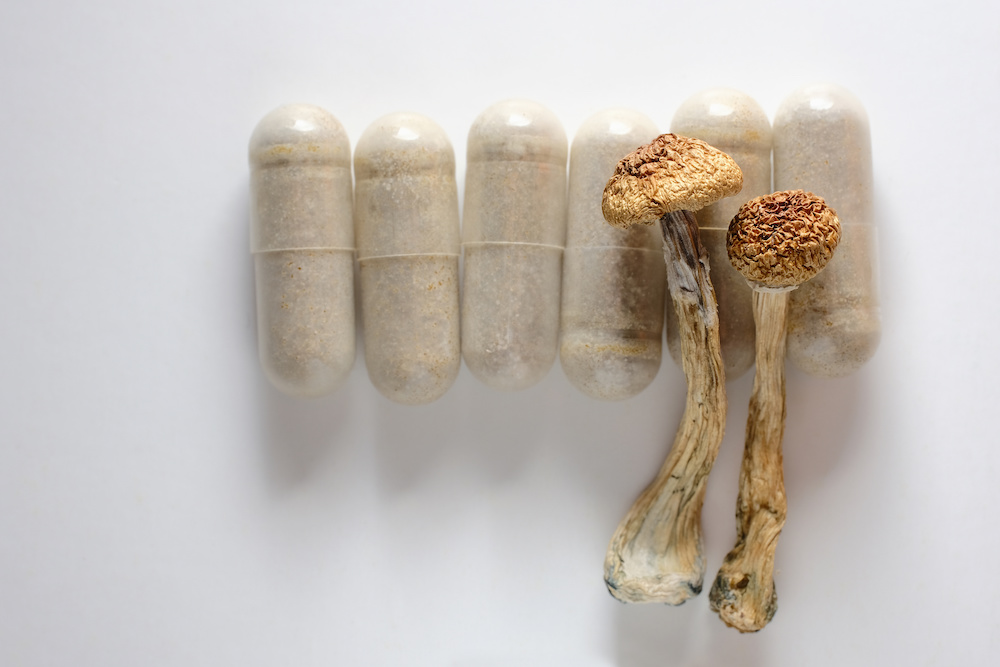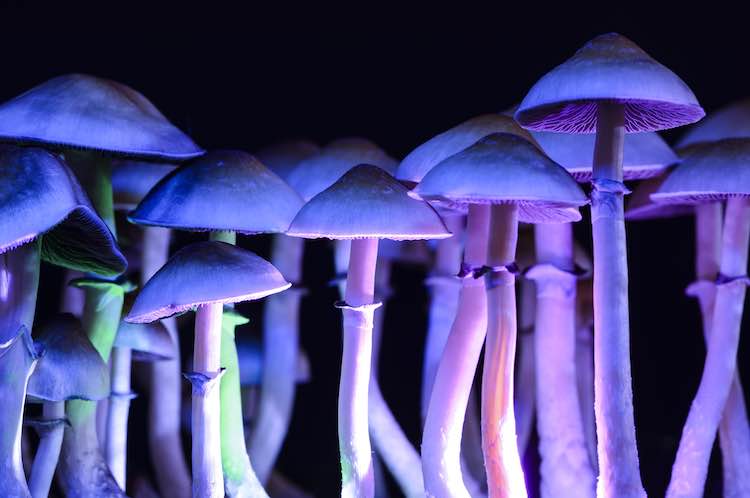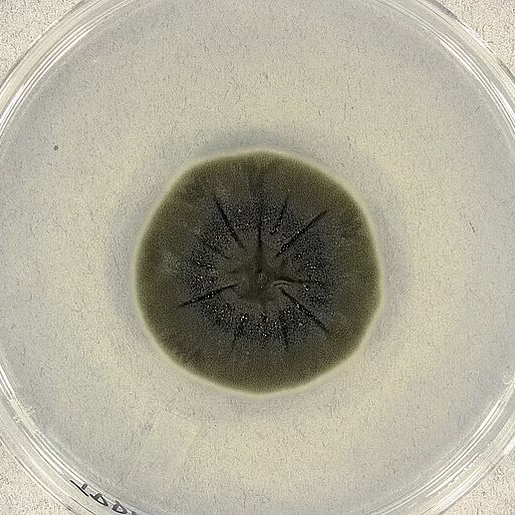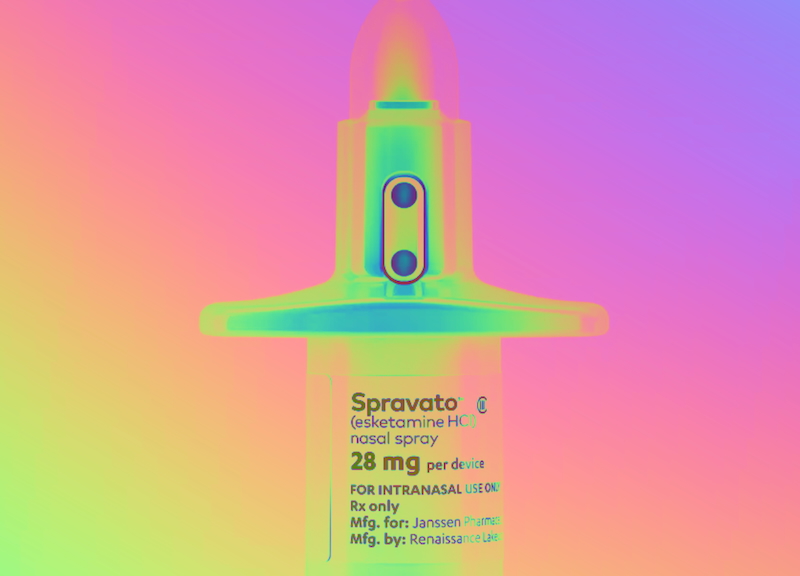In an unprecedented move, the U.S. Food and Drug Administration has provided directives for the conduct of clinical trials involving psychedelic substances such as psilocybin, LSD, and MDMA.
Previous studies have demonstrated that, under appropriate supervision, these drugs have potential therapeutic applications in treating PTSD, depression, and anxiety.
The Director of Psychiatry at the FDA expressed the agency’s aspiration to assist researchers in crafting studies that generate interpretable outcomes that can facilitate future drug applications.

First Guidelines for Psychedelic Trials Released by FDA
The U.S. Food and Drug Administration (FDA) has taken a significant step forward in the realm of psychedelic medicine, releasing its inaugural draft guidance on the execution of clinical trials investigating psychedelic substances. This document offers a comprehensive exploration of the challenges inherent in psychedelic drug development, safety, manufacturing, and clinical trial practices.
Aiming to establish the foundations for psychedelic drug development, the FDA’s draft guidance could pave the way for promising future treatments for medical conditions such as psychiatric and substance use disorders.
Dr. Tiffany Farchione, the Director of Psychiatry at the FDA’s Center for Drug Evaluation and Research (CDER), conveyed that the FDA’s intention with this guidance is to lay out the inherent difficulties in devising psychedelic drug development programs. The agency also aims to support researchers in crafting studies that will yield discernible results and underpin future drug applications.
The term ‘psychedelics’ in the draft guidance pertains to “classic psychedelics” such as psilocybin – a naturally occurring hallucinogenic compound found in specific types of mushrooms, also referred to as magic mushrooms – and lysergic acid diethylamide (LSD), both of which interact with the brain’s serotonin system. The document also refers to psychedelics like 3,4-Methylenedioxymethamphetamine (MDMA), a potent empathogen-entactogen boasting stimulant properties.
The draft outlines the necessary stages for psychedelic drug development programs, beginning with considerations for the chemistry, manufacturing, and control of the investigational drug substance and product. It provides advice for nonclinical safety and toxicology studies and indicates instances where extensive pre-existing trial data could replace typical animal toxicology testing in trials assessing certain psychedelics under an investigational new drug (IND) application.
The FDA’s guidelines also delve into clinical pharmacology considerations, suggesting that trial sponsors take into account factors such as the impact of a high-fat meal on the pharmacokinetics of an oral psychedelic drug, possible drug-drug and drug-disease interactions, and the long-term effects of psychedelics on cardiovascular health.
Considering that psychedelics are Schedule I-controlled substances acting on the central nervous system, the FDA has concentrated on potential abuse assessments and compliance with Drug Enforcement Administration (DEA) regulations.
Lastly, the FDA touches upon specific considerations that may apply solely to clinical trials assessing psychedelic drugs. For instance, the agency highlights that the use of adequate and well-controlled (AWC) clinical trials and a traditional placebo as a control could present issues when evaluating efficacy.




